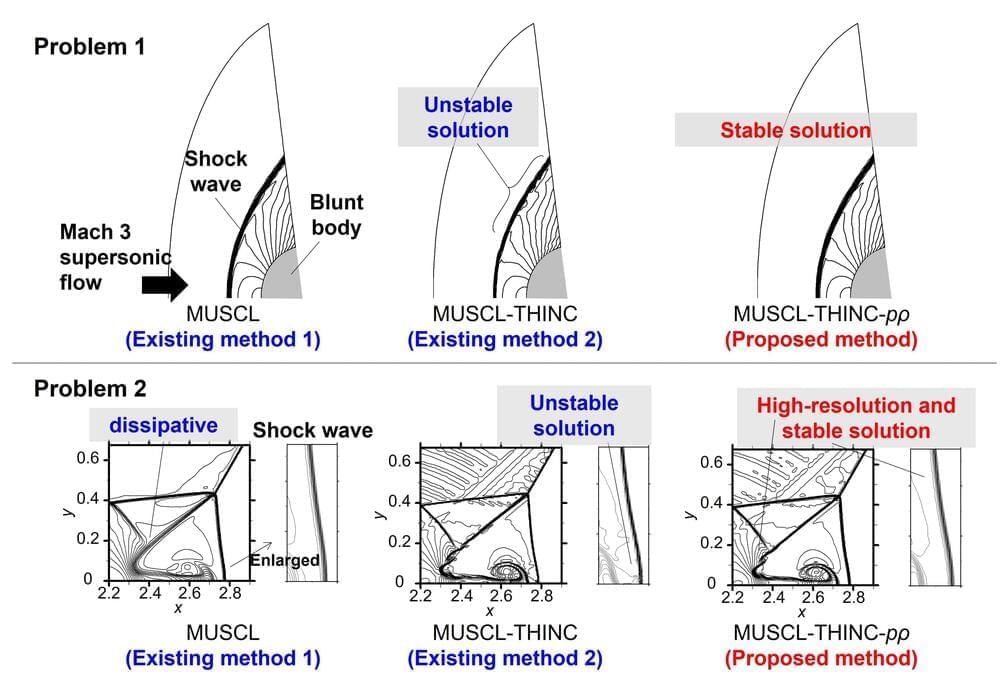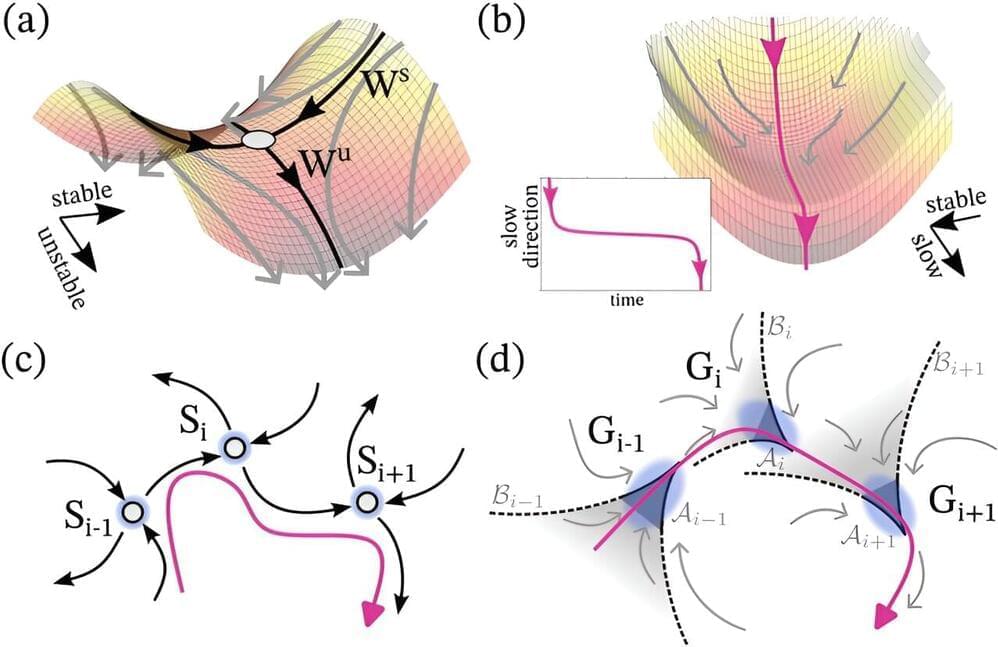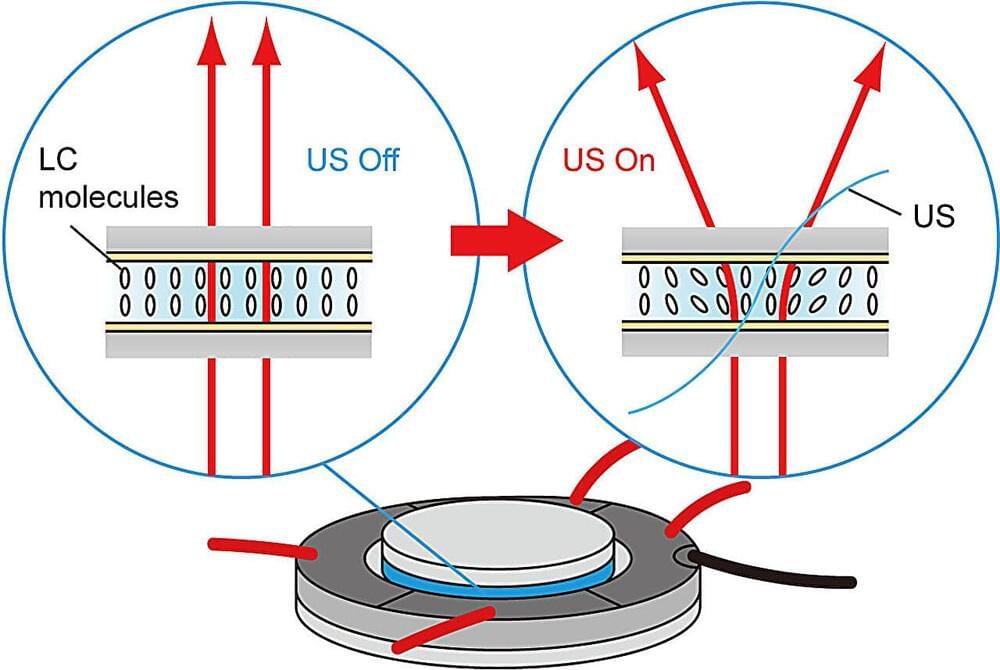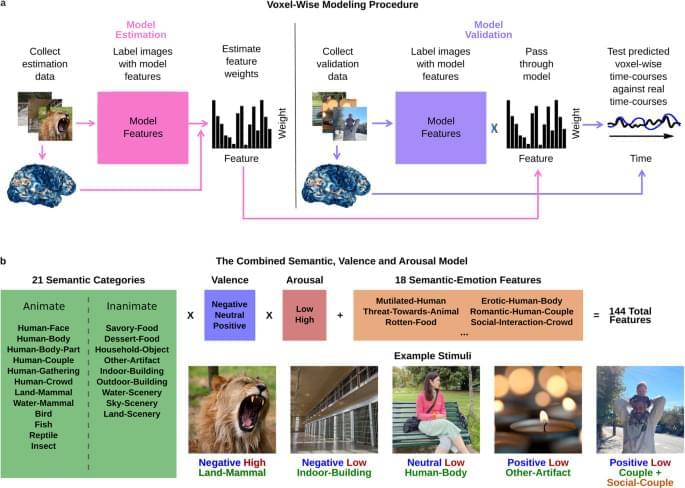QPI is a powerful technique that reveals variations in optical path length caused by weakly scattering samples, enabling the generation of high-contrast images of transparent specimens. Traditional 3D QPI methods, while effective, are limited by the need for multiple illumination angles and extensive digital post-processing for 3D image reconstruction, which can be time-consuming and computationally intensive.
In this innovative study, the research team developed a wavelength-multiplexed diffractive optical processor capable of all-optically transforming phase distributions of multiple 2D objects at various axial positions into intensity patterns, each encoded at a unique wavelength channel.
This design allows for the capture of quantitative phase images of input objects located at different axial planes using an intensity-only image sensor, eliminating the need for digital phase recovery algorithms.









